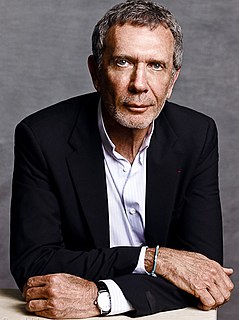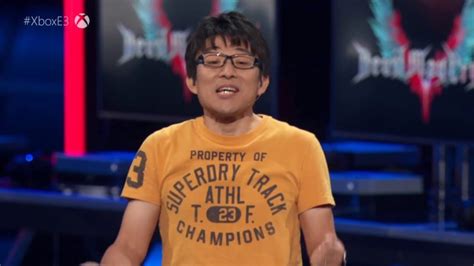A Quote by Kate Fleetwood
I looked at but was not allowed to touch Ai Weiwei's 'Sunflower Seeds' at the Tate. The film of making them was really moving.
Related Quotes
When van Gogh paints sunflowers, he reveals, or achieves, the vivid relation between himself, as man, and the sunflower, as sunflower, at that quick moment of time. His painting does not represent the sunflower itself. We shall never know what the sunflower itself is. And the camera will visualize the sunflower far more perfectly than van Gogh can.
We are so impressed by scientific clank that we feel we ought not to say that the sunflower turns because it knows where the sun is. It is almost second nature to us to prefer explanations . . . with a large vocabulary. We are much more comfortable when we are assured that the sunflower turns because it is heliotropic. The trouble with that kind of talk is that it tempts us to think that we know what the sunflower is up to. But we don't. The sunflower is a mystery, just as every single thing in the universe is.


































